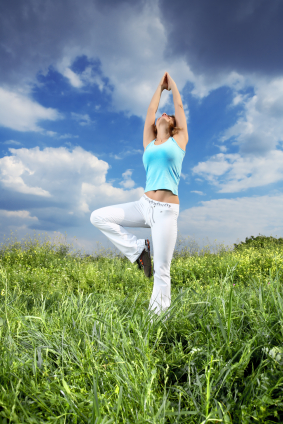Why you need to try pilates
Pilates is one of the most popular mind-body workouts of the 21st century.

Originally invented for men and athletes in the 1920s, it is now practised by millions of people worldwide.
A flexible system of exercise, pilates involves deep stretching and controlled breathing with a primary focus on strengthening the core. Combined with meditation, this practice is not only useful for boosting fitness, but also for mental well-being.
If you have never tried pilates, we recommend reading the following to find out a bit more about how it helps:
Prevents injuries
Unlike most forms of exercise, pilates helps to prevent injuries rather than cause them. This is because pilates exercises focus on strengthening the abdominal and back muscles – which are key to movement.
We use our core every day without even realising – for simple things such as standing up, walking, lifting and even sitting in a chair. A common cause of back pain is weak muscles. By strengthening them through pilates, you will help to alleviate pain and tension and prevent future problems.
Builds core strength and lean muscles
When the core is weak the entire body is weak. By constantly working on your core through pilates you will flatten your belly and improve muscle strength. Better yet, pilates exercises are focused on resistance and assistance training, which means both sides of muscles are worked simultaneously. This allows them to elongate, and they’ll look more lengthened and toned.
Increases flexibility and balance
Balance and coordination come from your core, so by strengthening this area of the body you are directly improving your flexibility. Greater flexibility lessens the possibility of injury, as it allows muscles to lengthen and become more pliable. As a result they can bend and stretch further.
It works for everyone
Pilates is a safe, low-impact exercise that anyone of any age can practise. Men, women, children, the elderly, athletes, dancers and anyone with chronic pain or illness can benefit from the range of benefits it provides. While it may be challenging, pilates is generally very gentle and takes stress off of the joints and bones.

Find a therapist dealing with Pilates
All therapists are verified professionals


